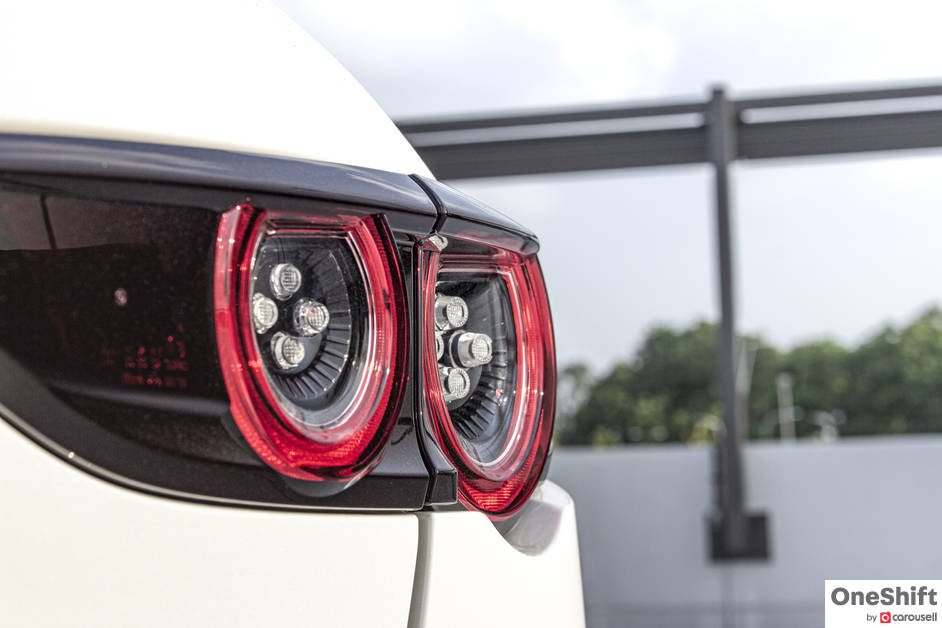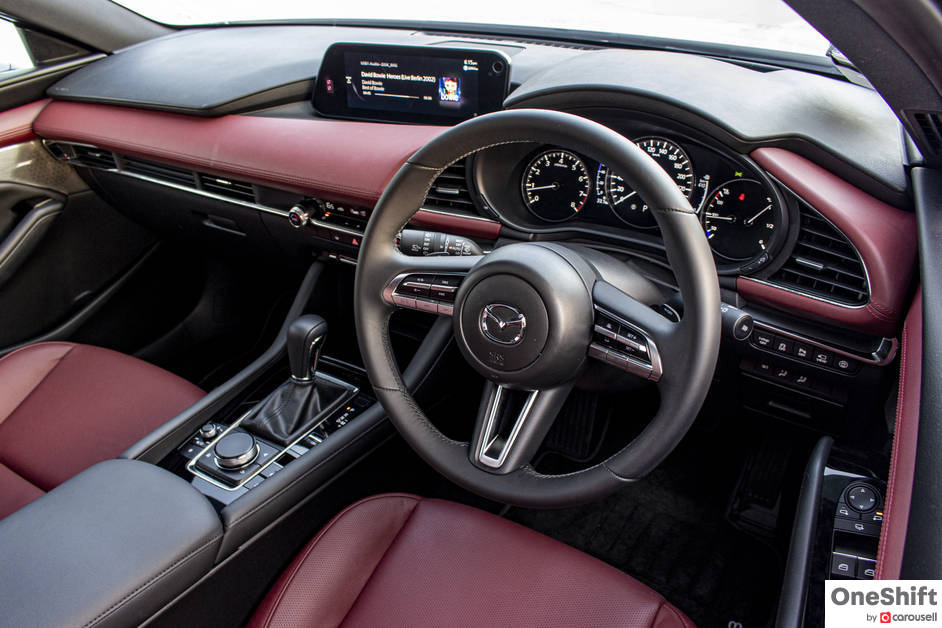Explaining the Used Car Lemon Law in Singapore
Lemon law exists in Singapore when it comes to the buying and selling of used cars, and is applied to protect buyers against defective goods or issues that exist at the time of delivery - but how much do you actually understand about lemon law? Are wear and tear issues covered under lemon law? Do sellers have to repair or replace the defective item? And do unauthorised repairs nullify your claim to lemon law?

Many consumers have heard the term lemon law being thrown around in used car circles, which is essentially a consumer protection law that exists in Singapore that protects consumers against defective goods at the time of delivery. However, do you really understand the specifics surrounding lemon law? For example, are wear and tear issues covered under lemon law? Do sellers have to repair or replace the defective item? Do unauthorised repairs nullify your claim to lemon law? There is much to understand about this much spoken about, but seldom understood law, which features quite prominently during used car purchase discussions. Here are some of the key things you need to know about lemon law in Singapore.
Loosely speaking, lemon law covers a wide spectrum of used products, but for the purposes of this article, we’ll be discussing lemon law specifically within the context of used car purchases in Singapore. To explain lemon law, it is good to understand that the overarching objective of lemon law is to protect consumers against defective products that have been made to appear otherwise at the time of purchase and delivery. In this context, the term ‘defective’ can be defined as not corresponding with its advertised description, or is unfit for its informed and intended purpose.

In most cases, this typically would refer to any issues relating to the engine or the gearbox of the vehicle - seeing as these are the two main components responsible for the operation of the vehicle. It is important to keep in mind that lemon law does not cover items on a car that relate to wear and tear, which may cause engine oil leaks - a common point of contention. Since engine oil leaks are a result of wear and tear of the rubber seals and gaskets around an engine unit, it technically does not fall under the protection of lemon law.

However, from personal experience, most used car dealers will honour one round of rectifications pertaining to oil leaks, especially if you are able to flag it out within the first few days of taking over a car. Other times, the oil leak issue is flagged out when you send the used car in for inspection, after which the dealer will usually carry out a round of rectifications before handing over the car to you.
Generally speaking, all used cars sold from a business to consumer are covered under lemon law, but it is important to note that if the dealer has already flagged out the issues associated with the vehicle and has duly informed the potential buyer of the vehicle’s problems, then the dealer is not considered to be liable for those issues that have been flagged out, and the buyer is considered to have been informed and is thus making a purchasing decision with full awareness of these issues. In such instances, the dealer will usually put into writing that they have informed the buyer of the issues, and you will likely have to acknowledge this by signing off on the handover checklist.

It is important to note that for used cars that are transacted between two consumers, as is the situation with direct sellers and direct buyers, lemon law does not come into play. If there are disputes in such cases, the resolution is usually settled privately, and in extreme cases where the seller feels that he / she has been deliberately deceived by the seller into buying a defective product, then legal recourse is likely the only alternative left. Business to business transactions of used cars are also typically not covered under lemon law.
Under lemon law, the consumer can request for the repair of the defective product at the seller’s cost within the typical 6 month window during which lemon law is active. Consumers may also ask for a replacement of the defective product at the seller’s cost within the same time frame. However, when it comes to used cars, the most typical settlement is for the seller to take in the car for the necessary repairs, or for them to do a partial refund of the sale price to you, for you to rectify the issue at a workshop of your choice. Either method of recourse is acceptable in the context of lemon law.
There are times when dealers will package the protection of lemon law as a form of a warranty, sometimes offering up to two years of in-house warranty for the vehicle sold. While this is generally a good and reassuring step, you should also be mindful that when purchasing a car like that, you will usually have to carry out your car servicing and maintenance at a designated workshop that is affiliated or owned by the used car dealer throughout the term of the warranty extended to you. This is because a dealer is not liable to remedy defects with the used car, if it has been deemed to be damaged on the consumers part or if the malfunctioning component has been repaired by another workshop. Once an external party has touched or repaired a component that later comes into question as a defect under lemon law, the seller has a good chance of arguing that the component has been damaged by the consumer, absolving them of their liabilities under lemon law.

While the short answer to the problem is to simply service the car with the dealer’s workshop, you may experience slightly higher repair and maintenance cost with said workshop, as this is one of the methods used by certain used car dealers to generate additional revenue off repairs and servicing. While this increased cost is unlikely to be astronomical, you may want to weigh up the cost benefit of maintaining this warranty over an extended period like two years. For most Singaporeans however, this additional servicing cost is usually quite palatable compared to the prospect of having to overhaul the car’s engine or gearbox on their own cost - most will therefore stick with the warranty offered to them, especially if the purchased car is an older one.
While lemon law does offer a degree of protection to a seller, the recourse of such matters is usually a long drawn and tedious process, and can end up with you spending a disproportionate amount of time debating and arguing your case. As such, it is advisable that when permitted, you should always take up the option of sending in the used car for a pre-purchase inspection, at a trusted workshop of your choice. These inspections won’t cover everything under the sun, but most importantly, these inspections should tell you if there are any inherent issues with the engine, the gearbox, and if the car has been in a major accident. In many cases, they should also be able to tell you if there is an oil leak from the engine. After the inspection, if you are really fond of the unit, and the dealer is willing to rectify all issues, then you could perhaps still have a deal on your hands. If they are reluctant to fix the issues, then you are entitled to request for the return of your deposit.

Another way to seek reassurances that you are buying from a reputable dealer is to look out for CASE Trust accredited dealers. As lemon law is governed by the Consumer Association of Singapore (CASE), being a CASE Trust accredited dealer does carry some weight in terms of the dealer’s past dealings with consumers. That’s not to say that dealers who are not CASE Trust accredited aren’t trustworthy, but if you’re the sort that is particularly prickly about used car issues, then perhaps shopping with an accredited dealer could go some way in mitigating your concerns. In any case, it's not to say a used car from an accredited dealer won’t present any issues, it just means that they are likely and probably have a track record of remedying such situations in a satisfactory manner to other consumers.
Shopping for a used car? Check out the latest used car listings here.
Credits:


Get the Best Price for your used car
from 500+ dealers in 24 hours

- Convenient and Hassle-Free
- Consumer Protection
Transparent Process
With No Obligation








